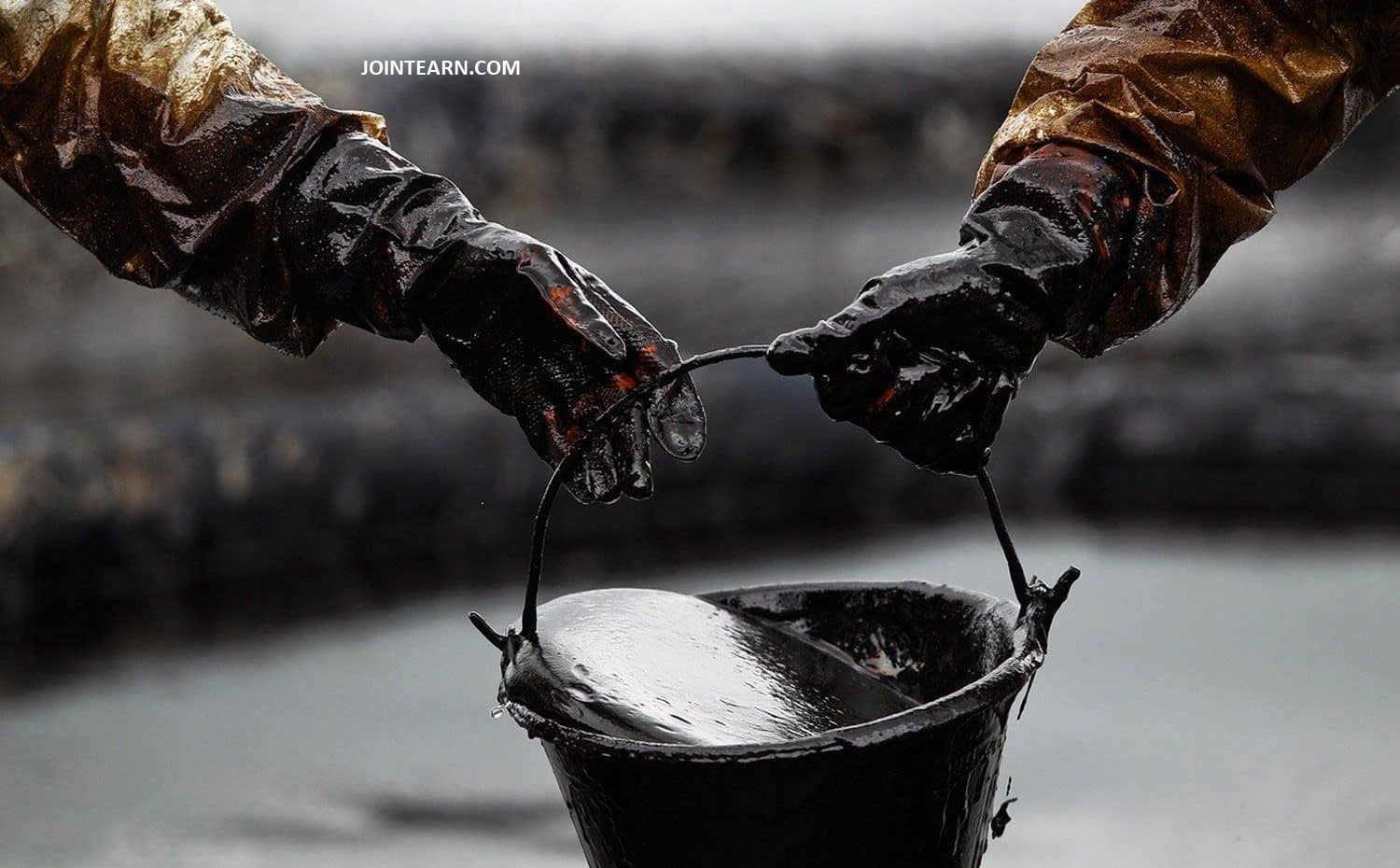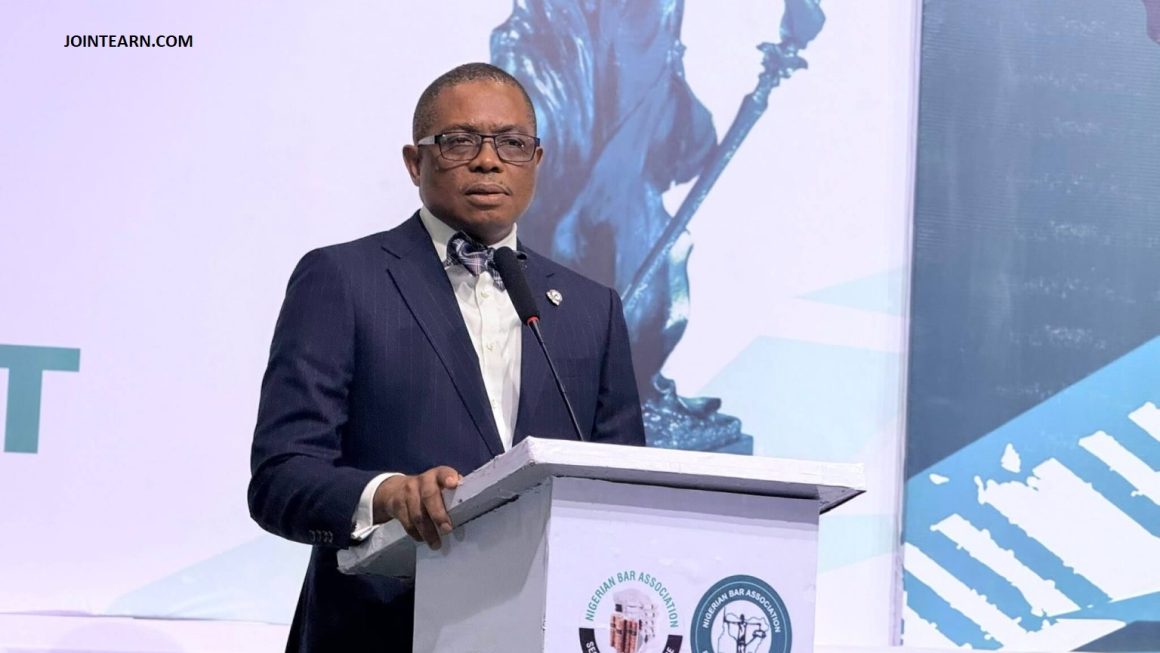The Centre for Sustainable Development (CSD) at the Federal University of Petroleum Resources, Effurun (FUPRE), has announced the development of a series of cutting-edge solutions aimed at addressing the persistent problems of crude oil theft, pipeline vandalism, and illegal mining activities in Nigeria. The Centre has formally presented these solutions to the Federal Government, calling for immediate collaboration and implementation to protect the nation’s vital natural resources.
At a recent press briefing held at the university campus in Delta State, the leadership of FUPRE-CSD emphasized that the institution’s innovations were the product of rigorous research and a deep understanding of the challenges faced by Nigeria’s extractive industries. According to the Director of the Centre, Professor Monday A. Ikeotuonye, the solutions are designed not only to combat environmental degradation and economic loss but also to enhance national security and community development.
A National Crisis Requiring Urgent Intervention
Nigeria, Africa’s largest oil producer, has for years battled with the scourge of crude oil theft and pipeline sabotage. According to industry data, the country loses millions of barrels of crude oil annually to theft and vandalism, costing the economy billions of dollars and threatening its fiscal stability.
Illegal mining, particularly of gold and other solid minerals, has also escalated in recent years, especially in states such as Zamfara, Niger, and Osun. These unlawful activities often operate outside of any formal regulatory framework, leading to environmental destruction, loss of government revenue, and in some cases, violent conflict.
Professor Ikeotuonye highlighted these concerns, stating, “What we are facing is nothing short of an economic sabotage. The future of Nigeria’s energy and mineral resources is at risk, and it is imperative that we deploy homegrown, science-backed solutions.”
Homegrown Technological Solutions
The Centre revealed it has developed a suite of technologies and strategic frameworks tailored to the Nigerian context. Among these are advanced surveillance systems for monitoring oil pipelines, data-driven security response tools, and community engagement models designed to foster local participation in resource protection.
The surveillance systems, according to FUPRE-CSD, utilize a combination of satellite imagery, drone technology, and AI-driven analytics to detect and predict illegal activities along oil pipelines. These systems are integrated with real-time alerts and mapping software, enabling swift response by security forces and reducing reaction time to breaches.
In addition, the Centre has created digital platforms to support transparency in the mining sector. These platforms aim to provide real-time tracking of mining licenses, production data, and environmental impact assessments, ensuring illegal operators are more easily identified and prosecuted.
Community-Centric Approach
A standout feature of the FUPRE-CSD strategy is its emphasis on involving local communities in resource protection. Professor Ikeotuonye noted that many acts of vandalism and illegal mining are fueled by unemployment, poverty, and the alienation of local populations from the benefits of natural resource extraction.
To address this, the Centre has proposed the establishment of “Community Resource Guards” – local task forces trained in environmental monitoring and partnered with national security agencies. These groups would receive stipends and vocational training, helping to create economic opportunities while deterring illegal activities.
“We believe the people closest to the problem should be part of the solution,” Ikeotuonye said. “When communities are empowered to protect their own environment and benefit from legal operations, they will be less likely to tolerate or engage in sabotage.”
Policy Recommendations to the Federal Government
Beyond technology and local engagement, FUPRE-CSD has outlined several policy recommendations for the Federal Government. These include:
-
Stronger Legal Frameworks: Tightening existing laws to provide stiffer penalties for oil theft and illegal mining.
-
Institutional Collaboration: Encouraging synergy between agencies such as the Nigerian National Petroleum Company Limited (NNPCL), the Nigeria Security and Civil Defence Corps (NSCDC), and the Ministry of Solid Minerals Development.
-
Capacity Building: Providing regular training for security personnel and environmental regulators in the use of new technologies.
-
Public Awareness Campaigns: Launching nationwide initiatives to educate citizens on the dangers and economic consequences of illegal resource exploitation.
The Centre also urged the government to establish dedicated funding channels to support research institutions like FUPRE in continuing their work in innovation and sustainable development.
Government Response and Next Steps
Representatives from the Ministry of Environment and the Ministry of Petroleum Resources, who were present at the unveiling event, expressed optimism about the Centre’s contributions. A spokesperson from the Ministry commended the institution for taking a proactive stance and affirmed that a technical committee would be set up to evaluate the proposals and integrate them into national policy.
The Federal Government is expected to convene a multi-stakeholder summit in the coming months, where FUPRE-CSD’s models and technologies will be presented to policymakers, industry leaders, and security agencies for consideration and adoption.
Conclusion
With Nigeria at a critical juncture in its fight against resource-related crime and economic loss, the solutions presented by FUPRE’s Centre for Sustainable Development offer a timely and promising pathway. By combining advanced technology with community engagement and policy reform, the Centre has demonstrated that sustainable development is not only possible but achievable through strategic innovation and collaboration.
As the country seeks to diversify its economy and reduce dependency on oil revenues, protecting existing resources becomes even more crucial. The Federal Government now faces the task of acting swiftly on these proposals, with the hope that homegrown solutions will be the key to solving a long-standing national challenge.












